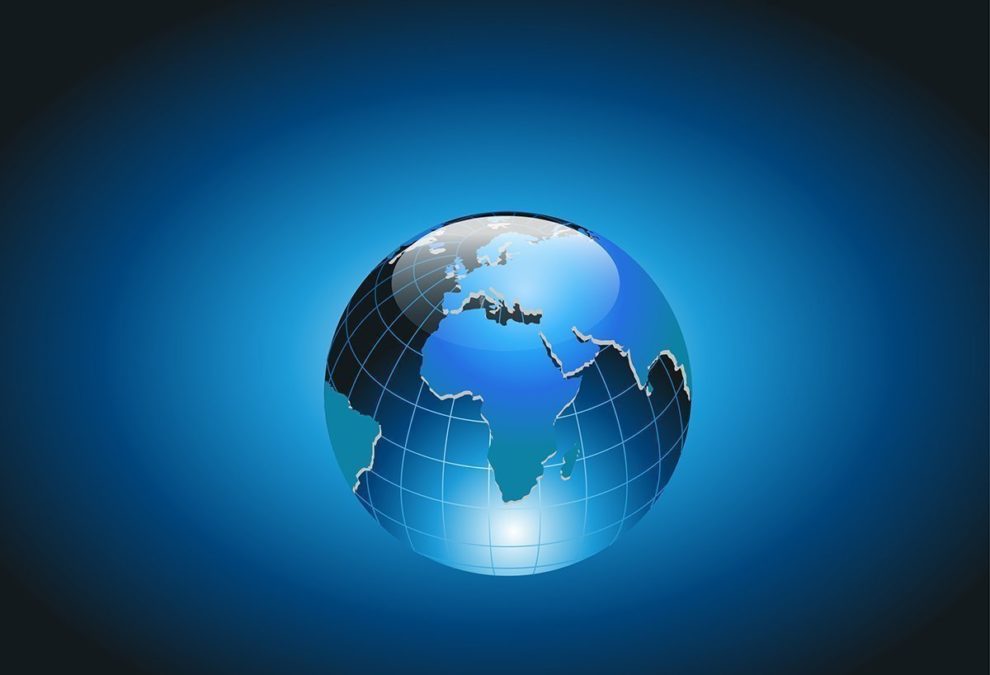Marketers of international goods and services face unusual challenges. First, marketers must figure out what goods and services to introduce and in which countries. After that, they must make a decision about how much to standardize or adapt their goods and services for the world market.
On the other hand, companies would like to be consistent in their offerings. Consistency helps a company to develop a constant worldwide image. It also cuts down the manufacturing costs and eliminates replication of advertising, research and development, and product designing efforts. Furthermore, worldwide the consumers are different in their attitudes, behaviors, cultures and buying patterns. And markets also vary in their economic conditions, legal requirements, competition, and physical environments. Companies must usually react to these differences by adjusting their products’ offerings. Packaging also faces new challenges for international marketers. Packaging issues can be delicate; brand’s name, colors, and label may not translate easily from one country to another.
Services marketers also face unusual challenges when dealing global. Several services industries have a long history of international operations. For example, the commercial banking industry was the first one to grow internationally. Banks had to provide their services globally in order to meet the needs of credit and foreign exchange for their home country clients wanting to sell overseas. In recent years, in fact, many banks have become global international. Germany’s Deutsche Bank, for example serves approximately more than 28 million customers in 70 countries. For its international clients who wish to grow globally, Deutsche Bank can raise money not only in Frankfurt but also in London, Zurich, Tokyo, Paris and many other countries.
Recently, business and professional services industries such as accounting, advertising, and management consulting have only globalized. The worldwide growth of these firms followed the globalization of the client businesses they serve. For example, as their clients started to employ worldwide advertising and marketing strategies, advertising agencies are reacted by globalizing their own operations. McCann-Erickson worldwide, a large U.S. advertising agency, operates in 120 countries. It serves its international clients such as General Motors, Coca Cola, Microsoft, Unilever, and Johnson & Johnson in different markets, from the USA and Canada to Korea to Kazakhstan.
Mostly, services companies wanting to operate in different countries are not always warmly welcomed. While manufacturers generally face straightforward quota, excise, or currency limitations when attempting to trade their goods in other countries, service providers are likely to deal more subtle barriers. In various cases, rules and regulations affecting international service firms reflect real traditions of the host company. On the other hand, they show to protect the country’s own emerging services industries from the large global competitors with greater resources.
Although such difficulties are present, the trend towards development of global service firms will continue, mainly in banking sectors, telecommunications, airlines, and professional services. Today, service companies are no longer following their manufacturing consumers. Instead, they are trying their best to take the lead in international expansion.






